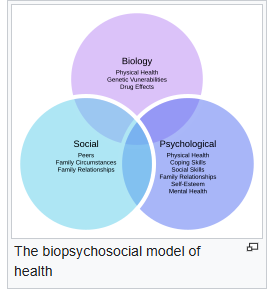Diagnostic Assessment
A mental health diagnostic assessment is a comprehensive evaluation conducted by a licensed mental health professional to understand a person's emotional, psychological, and behavioral health. The goal is to gather detailed information about the individual's current concerns, personal and family history, mental health symptoms, and daily functioning. This process often includes a clinical interview, standardized questionnaires or screening tools, and discussion of relevant life factors such as relationships, work, or trauma history.
The assessment helps determine whether a person meets criteria for a specific mental health diagnosis, such as anxiety, depression, or ADHD, and guides the development of a personalized treatment plan. It's not about labeling—it's about gaining clarity, validating experiences, and setting a foundation for effective support and healing.



